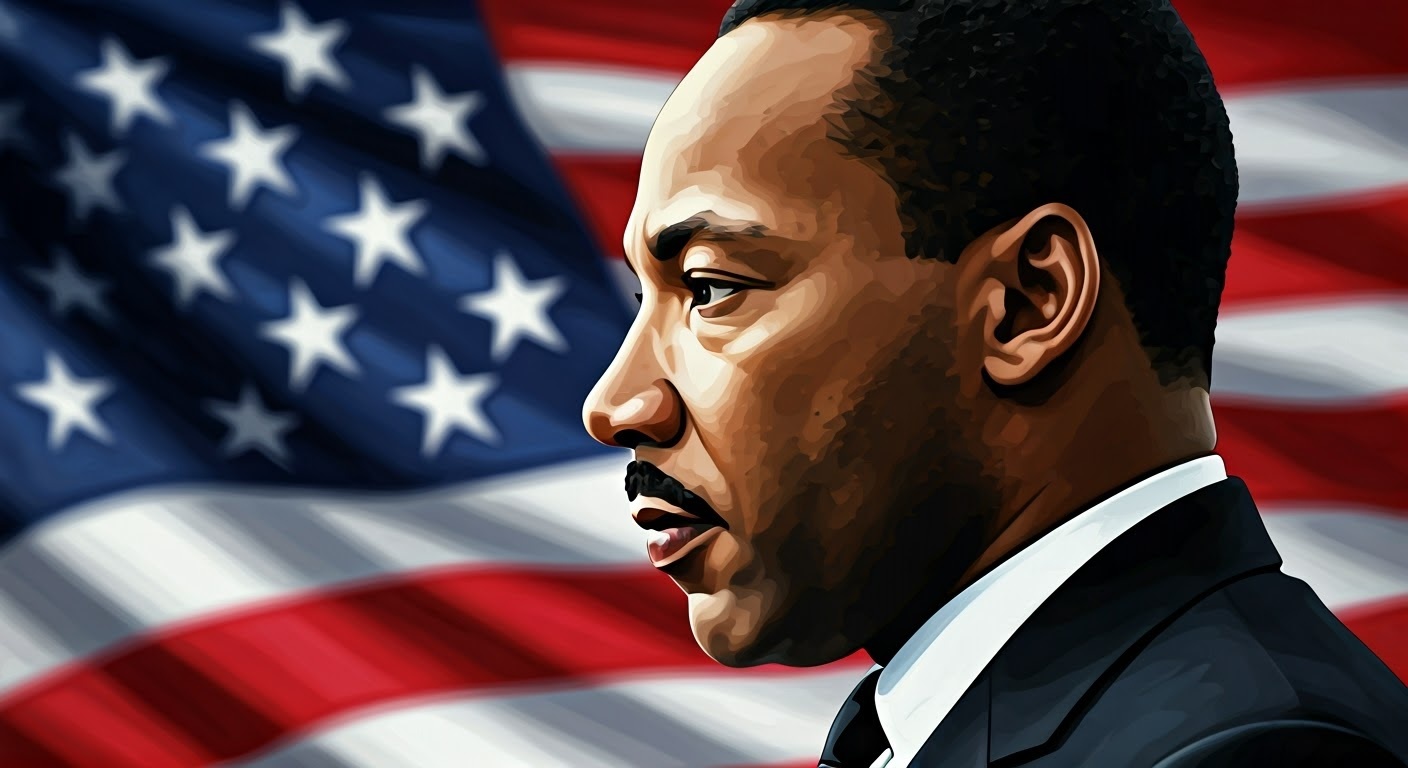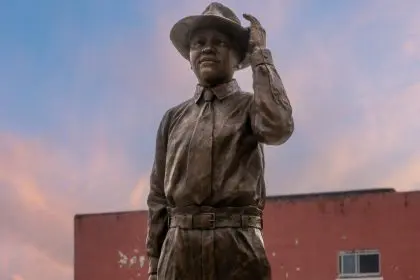The resonance of Dr. Martin Luther King Jr.’s final speech, delivered on the eve of his assassination in Memphis, reverberates through American society with renewed relevance in 2025. As the nation observes Martin Luther King Jr. Day, his last public address serves as both a testament to his unwavering commitment to justice and a blueprint for contemporary civil rights advocacy.
The Memphis moment of Martin Luther King Jr.
Dr. King arrived in Memphis in early April 1968 to support sanitation workers striking against unsafe conditions and unequal wages. The city’s racial tensions had escalated, with previous protests ending in violence. Despite these challenges, King chose to stand with the workers, viewing their struggle as emblematic of the broader fight for economic justice.
A prophetic address
The Mason Temple speech, delivered amid thunderstorms and mounting tensions, demonstrated King’s extraordinary ability to weave immediate concerns with transcendent themes. His oratory that evening combined practical organizing principles with profound spiritual imagery, creating a masterwork of civil rights rhetoric that would become his final public message.
Beyond the mountaintop
The speech’s enduring power lies not merely in its timing but in its articulation of a vision that extended far beyond its immediate context. King addressed not only the pressing issues of labor rights and racial equality but also spoke to fundamental questions about American democracy and human dignity.
Contemporary echoes
Modern civil rights activists frequently reference King’s final speech when addressing contemporary challenges, from wealth inequality to voting rights. The parallels between the sanitation workers’ struggle and current labor movements highlight the speech’s continued relevance to economic justice discussions.
Living legacy
King’s final message carries particular weight in current debates about civil rights and social justice. His emphasis on economic equality as inseparable from civil rights has influenced modern movements addressing systemic inequalities in employment, housing, and education.
Educational impact
Academic institutions and civil rights organizations have developed programs that connect King’s final speech to contemporary social justice education. These initiatives help students understand both the historical context of the civil rights movement and its modern applications.
Modern interpretation
Today’s civil rights leaders draw inspiration from King’s final speech while adapting its principles to address contemporary challenges. The message continues to inform strategies for nonviolent resistance and community organizing, particularly in movements addressing racial and economic disparities.
Recent years have seen increased focus on King’s emphasis on economic justice, with scholars and activists highlighting how this aspect of his message remains particularly relevant to current discussions about income inequality and workers’ rights.
Beyond commemoration
Modern observances of Martin Luther King Jr. Day increasingly focus on active engagement with King’s principles rather than passive remembrance. Communities across America are transforming the holiday into an opportunity for service and advocacy, reflecting King’s emphasis on direct action for social change.
Organizations nationwide have established programs that connect King’s message to contemporary social justice initiatives, creating year-round engagement opportunities that extend beyond the annual holiday. These programs emphasize the continuing relevance of King’s vision while adapting his methods to modern circumstances.
The evolution of King’s legacy in American consciousness reflects both the progress made since his final speech and the work that remains. His last address, delivered at a crucial moment in the civil rights movement, continues to provide guidance for those seeking to address persistent inequalities in American society.
As the nation marks another Martin Luther King Jr. Day, the final speech serves as more than a historical document. It remains a living testament to the power of principled leadership and the ongoing struggle for justice. The message delivers particular resonance in an era marked by renewed debates over voting rights, economic inequality, and racial justice.
King’s final speech, with its powerful imagery and prophetic insight, continues to challenge Americans to confront uncomfortable truths about inequality while providing hope for positive change through collective action. As contemporary movements for social justice evolve, the principles articulated in King’s last public address remain vital guides for those working to realize his vision of a more equitable society.
















